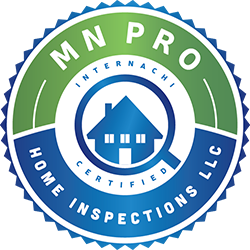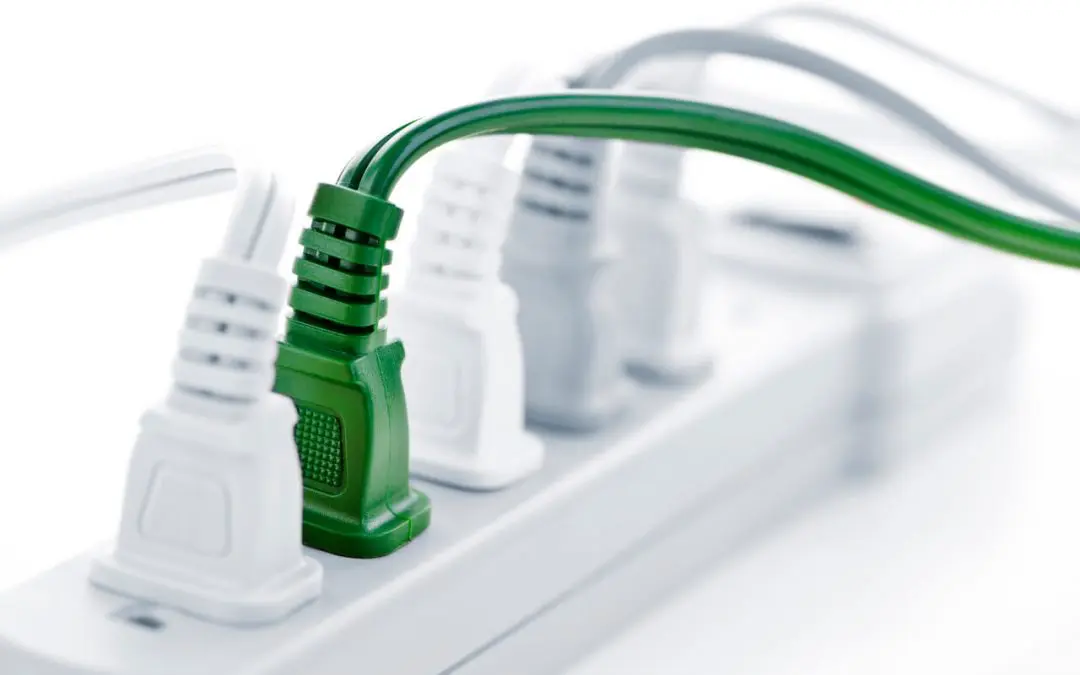Electricity provides us with many conveniences that keep us comfortable at home. However, your electrical system can become a hazard if it isn’t used or maintained properly. Here are some residential electrical safety tips that every homeowner should know.
Residential Electrical Safety Tips Checklist:
Don’t Overload the Outlet
The outlets in your home were designed to handle a certain amount of electricity at one time. Plugging too many devices into an outlet can overload the circuit and possibly cause a fire. If your outlet only has two plugs and you’re trying to plug in multiple extension cords and adapters to accommodate more devices, you are taking a risk. It would be better to just have an electrician install an additional outlet.
Keep Electrical Appliances Away From Water
Water and electricity are a dangerous combination, so it is important to keep electrical devices and appliances away from water. Water conducts electricity and an electrical appliance that gets wet can deliver a shock. If a device falls into the water and becomes submerged, it should be unplugged and then thrown away.
Check and Replace Damaged Cords
Replace damaged cords immediately to prevent accidents. They are a safety hazard. Cords that are frayed or have loose prongs are not safe to use and should be discarded. Check all power cords periodically for damage and unplug them when they are not in use. When using extension cords outside, use cords that are made for outdoor use. Never use a two-pronged cord outside. Use a three-pronged cord so that it is grounded properly to prevent accidents.
Electrical Safety Tips for Space Heaters
If you have space heaters in your home, only use them when the family members are awake and can monitor them. Heaters that tip over or become blocked by furniture, rugs, or blankets can become overheated and cause a fire. Monitor your space heaters when in use. Never use them in places like the bathroom where they are exposed to water and never leave them running while you’re away from home.
Keep an Eye on Your Breaker Box
If you have an appliance like a microwave that constantly trips the breaker, you may need to have the wiring checked. If the lights go off in the kitchen when you plug in one too many things, you may need additional wiring and a larger panel to accommodate the load. The breaker tripping is a warning sign that you shouldn’t ignore.
Electrical Safety Tips Include Cleaning Exhaust Fans and Dryer Vents
Exhaust fans get dirty and clogged with grease and dirt over time. Regular cleaning will keep them working properly. Dryer vents should be cleared after every load. The lint that collects inside the vent is flammable and will catch fire if it gets too hot or catches a spark. A full lint trap keeps air from circulating inside the dryer, causing it to overheat. That can shorten the life of your dryer and present a safety issue.
Practice proper electrical safety to prevent household fires and keep your family safe. Preventing damage is always less costly than repairing it.
MN Pro Home Inspections provides inspection services including thermal imaging, which can identify dangerous electrical hotspots. Contact us to schedule an appointment in the Twin Cities and Western Wisconsin.

